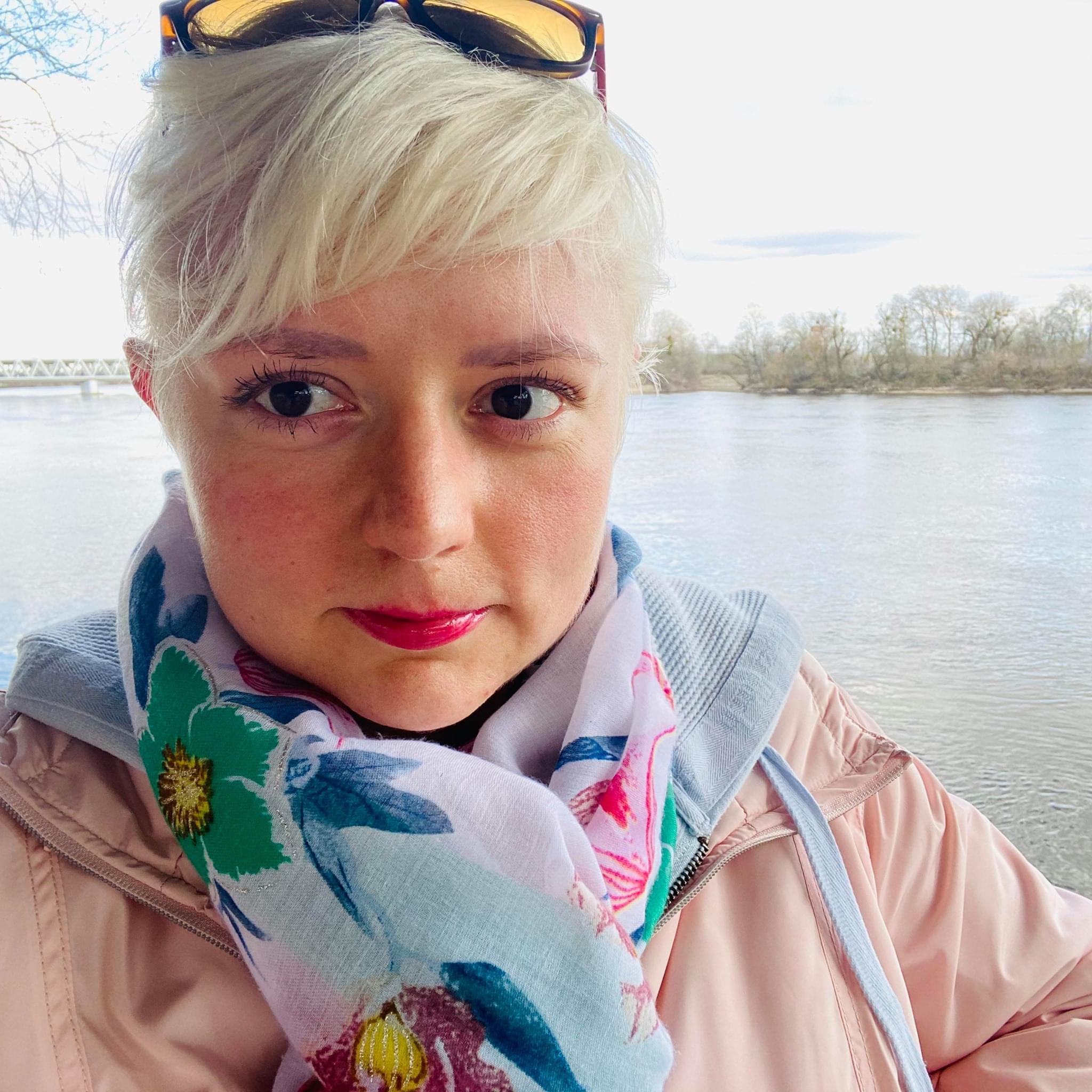While hundreds of thousands of people from Central America are trying to get to the US, Biden’s administration has managed to deploy more troops to curb illegal migration and is looking for resources to address poverty in the problematic regions.
At the beginning of April, a Honduran delegation led by Lisando Rosales, Minister of Foreign Affairs, went to Washington D.C. seeking economic support for the country which is plunging into increasingly deeper poverty after two hurricanes struck at the end of last year. In 2019 and 2020, Honduras received more than US$160 million in aid from the US.
Although relations between the US and Honduras have recently become more complicated after the US court sentenced the brother of the Honduran President, Juan Orlando Hernandez, to life in prison for drug trafficking, the US administration was able to reach an agreement to temporarily increase the number of troops around the Honduran borders to curb migration. Similar agreements have come into effect with Guatemala and Mexico.
Jen Psaki, the White House press secretary, announced that all three countries had decided to increase or maintain the level of security services that protect the borders to prevent people attempting to travel towards the US. Mexico will position 10,000 troops on the southern border, Guatemala has added 1,500 troops and Honduras has increased the number of police and troops by 7,000.
“The objective is to make it more difficult to make the journey, and make crossing the border more difficult,” said Psaki.
The problem of migration is worsening as, in March alone, US Border Patrol picked up about 168,000 people at the US-Mexican border, the highest monthly number since 2001. President Biden’s critics claim that this increase was a reaction to his announcement to introduce a more liberal migration policy but the problem runs deeper than this. Central American countries are struggling with increasing levels of poverty and violence which force people to flee. However, illegal migrants are usually expelled from the US territory back to their homeland.

The Honduran Foreign Minister, Lisando Rosales, hoped not only to receive financial help but to also persuade Washington to grant Honduran citizens who are living in the US Temporary Protected Status (TPS) as has happened recently in the case of Venezuelans. There was no official confirmation or refusal to grant Hondurans the TPS status.
The US administration appears to have realized that troop deployment is not a solution in this situation thus the US Agency for International Development has promised to send disaster response teams to the Northern Triangle (Guatemala, Honduras, El Salvador) to help those affected by the latest hurricanes. However, there is no information forthcoming regarding additional funds for the region, apart from the US$112 million previously announced.
Biden’s administration is seeking to boost development aid for the Central American region calling on Congress to deliver US$4 billion within four years to curb migration. Last week the White House asked Congress for US$861 million for the same purpose as an amount earmarked within the annual budget. If this is agreed, this will be a significant increase to the US$500 million in aid scheduled for this year.
According to Roberta Jacobson, the White House border coordinator, the American administration is weighing up some sort of financial help for the Northern Triangle to curb migration in the form of conditional cash transfers and it is also considering sending COVID-19 vaccines to Central America. The program could cover Guatemala, Honduras, and El Salvador.
“We’re looking at all of the productive options to address both the economic reasons people may be migrating, as well as the protection and security reasons,” said Jacobson but as yet no binding decisions have been made.


